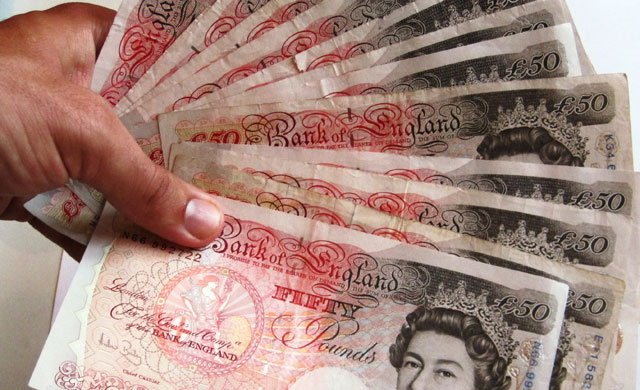Millions of pounds to be saved due to potential petrol price cuts.

The Government is seeking to cut petrol prices by 5p in some parts of the UK. But who are the chosen ones…
Residents of remote areas in the UK suffer from higher rates whenever their tanks run out. Not only is driving in these areas a ‘necessity’, according to Danny Alexander (Chief Secretary to the Treasury), due to the larger distances needing to be travelled. But these residents get a double-hit with prices being that much higher.
Fuel duty cuts in remote areas have already been implemented in the Scottish islands, but the Government hopes to increase this to some 35 remote regions. It is easier said that done though, as any change in pricing has to be authorised by the European Commission. Approval must come all the way from Brussels before any road users can expect to see a reduction.
It could be worse though so look on the bright side, Norway and Turkey are the two most expensive countries to buy petrol, where the prices per litre were £1.67 and £1.66, respectively, at the beginning of last month.
Before any plans can be sent to the European Commission the Treasury is issuing a “call for evidence”, not only from different regions in the UK but also from over 30 countries. Costs of any implemented scheme will be dependent on how many areas see the price minimisation materialise. The proposal could run into millions as it would be possible for consumers to claim back lost revenue.
The lucky few: Fuel retailers in the following areas are being asked to submit price data:
Aberdeenshire, Angus, Antrim, Argyll and Bute, Armagh, Ballymena, Ballymoney, Banbridge, Coleraine, Cookstown, Cornwall, Cumbria, Devon, Down, Dumfries and Galloway, Dungannon, Fermanagh, Gwynedd, Herefordshire, Highland, Isle of Anglesey, Larne, Limavady, Magherafelt, Monmouthshire, Moray. Moyle, Newry and Mourne, North Yorkshire, Northumberland, Omagh, Perth and Kinross, Powys, Scottish Borders, South Ayrshire and Strabane.
Whatever the outcome, we see a win-win for the Government. Fuel cuts look good, but if they are not accepted, then the Government can heap the blame on to the European Comission.

 Hot Features
Hot Features













